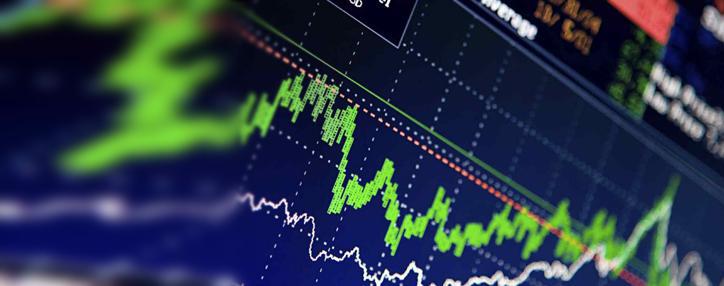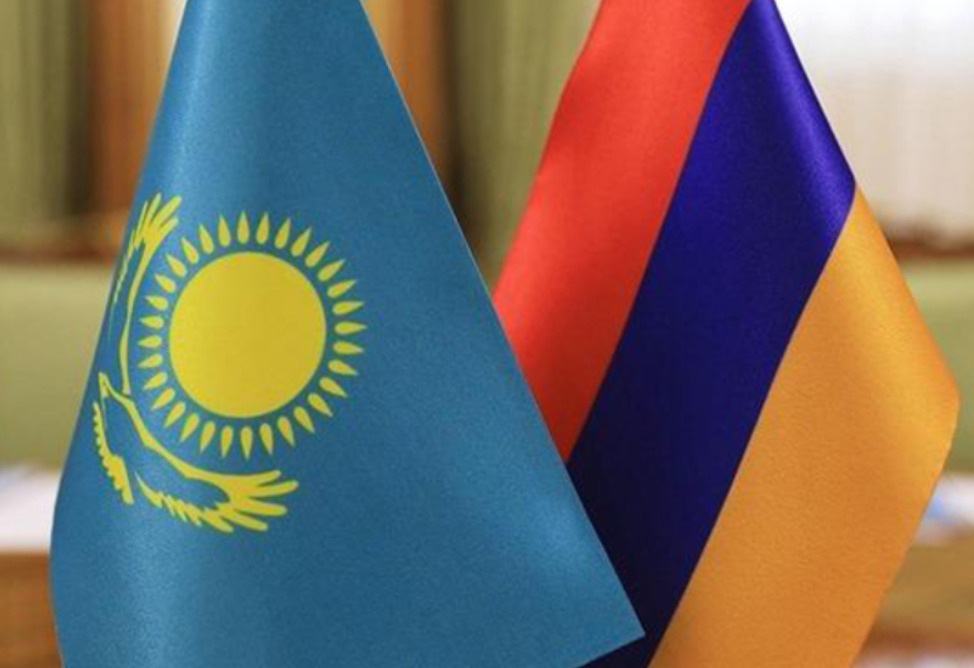Global recession or just an adjustment: what awaits Armenia amid the "storm" in the world stock markets

YEREVAN, 7 August. /ARKA/. The morning of 5 August, which has already been dubbed "Black Monday", started with a strong fall of stock markets. Japan's Nikkei 225 index showed a record fall of 13.5 per cent.
After that, European stock exchanges opened in the "red zone". American stock indices also collapsed at the opening of trading: the S&P 500 index fell by 4.27 per cent to 5118.3 points. The Dow Jones index lost 2.72%, falling to 38658.34 points. The NASDAQ Composite index fell 6.35 per cent to 15710.53 points.
Despite the fact that the next day indices and shares of companies began to recover the fall, many experts said that such a sharp decline is an indicator of significant problems in the world economy, and what happened may be a harbinger of a new global crisis.
Tatul Manaseryan, Head of the Alternative Research Centre, and economist Hrant Mikayelyan shared their opinions on the development of the situation and its possible impact on Armenia with ARKA news agency.
Is the crisis coming?
"We have been forecasting a recession of the global economy for the third year already. The war not only in Ukraine, but also in the Middle East, tensions in the South Caucasus - all this cannot be accompanied by the growth of either regional or global economy. Therefore, we have forecasted this trend, and it is quite natural," Manaseryan said.
He noted that unless the world calms down, unless hot spots turn into zones of stability, it is senseless to expect stable growth of national, regional and global economy.
However, according to economist Hrant Mikaelian, saying that what happened is a harbinger of recession can only be an assumption.
"On the one hand, starting from 2022, the world has been expecting a recession, and there are many reasons for that. On the other hand, we have repeatedly observed that the world economy, and the Western economy in particular, has never fallen into recession," he said.
According to him, despite the apparent slowdown, there is still no recession and the economy is still balancing.
"As far as stock markets are concerned, for now I would call it a correction because stock markets as well as cryptocurrency exchanges have been very overheated recently," he said.
Mikayelyan emphasised that perhaps what happened is the first signal of a crisis, but such a crisis, in which overheated markets and economies will start to correct towards the real level.
What will be the impact on Armenia?
According to Tatul Manasaryan's assessment, the current situation in the world markets cannot but affect Armenia.
"If in 2008 Armenia did not suffer much from the global financial and economic crisis, now it is more integrated into the world economy, and of course it will feel the negative trends," he said.
At the same time, the expert noted that there is a possibility to mitigate the impact of these trends on the national economy.
"I think that the global centres have tried to make sure that this does not affect, first of all, the economy of developed countries. And over the last two years they have succeeded in doing that. But I don't think this will continue because countries are interconnected and interdependent on each other. Trends that occur in one country, in one region, are automatically reflected in other countries," he said.
According to Hrant Mikayelyan, Armenia's economy is currently very overheated.
"Especially the exchange rate of the dram is overvalued. And this, of course, can lead to a fall in the exchange rate and a number of other negative consequences and, as a consequence, to the collapse of the construction market and a fall in exports. These are quite real prospects, if the global crisis does start," he said.
The economist also drew attention to additional risks related to geopolitics and Russian-Armenian relations..
"We see that they are already manifested in the export of agricultural products. There are big, in a negative sense, advances there," Mikayelyan noted.
How can Armenia's economy endure?
Asked what steps the Armenian government can take to prepare for a possible recession, Mikayelyan said that he would start gradually devaluing the dram, easing monetary policy, allowing a certain increase in inflation, but in return stimulating production and agriculture.
"To prevent economic risks caused by geopolitics. And, naturally, normalise relations with Russia - these are the necessary steps that should be taken," the economist believes.
As for the construction sector, which, according to Mikayelyan's estimates, has now become risky, more comprehensive studies are needed.
"I would consider the possibility of developing the production of construction materials here. What I would not encourage is services and trade. Although these markets are generally growing, there are problems there too. For example, the tourism sector is now experiencing problems, the IT sector has stopped growing. So I would not incentivise these sectors. I would focus on the real sector, which has been quite weak in recent years," said the economist. -0-



